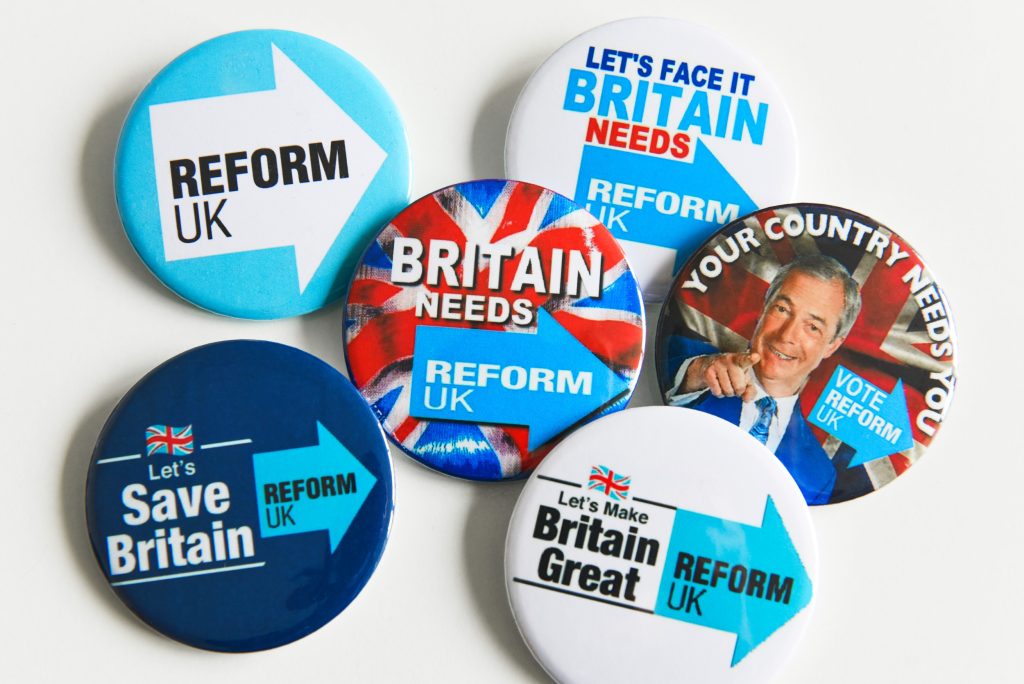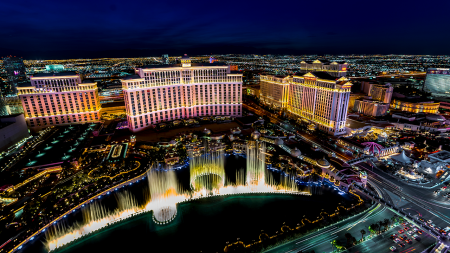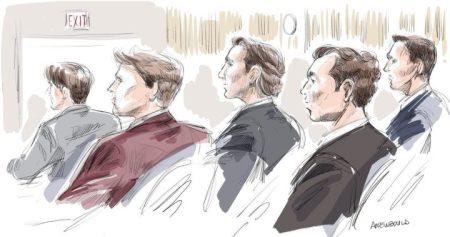Elon Musk’s political interventions have intensified in 2025, stirring controversy on both sides of the Atlantic. His support for far-right figures and parties in Europe, particularly in the UK and Germany, is raising concerns about election interference and the spread of extremist ideologies. Musk, now co-chief of the Department of Government Efficiency (DOGE), previously injected substantial funds into the 2024 US presidential election, supporting Donald Trump’s successful campaign. His recent actions suggest a shift of focus towards European politics, leveraging his considerable wealth and influence to back fringe movements.
Musk’s call for the release of Tommy Robinson, a prominent UK far-right activist imprisoned for contempt of court, has drawn sharp criticism. Robinson, whose real name is Stephen Yaxley-Lennon, has a history of inflammatory rhetoric and association with racist and Islamophobic groups. Musk’s sharing of Robinson’s documentary, which a judge deemed libelous, on his platform X (formerly Twitter), amplified the controversial content to a massive audience. This action fueled accusations of Musk utilizing his platform to promote dangerous and misleading narratives, potentially undermining the judicial process. British MPs have expressed alarm at Musk’s endorsement of Robinson, labeling his language “dangerous” and “manipulative.” The incident further highlights the tension between free speech and the responsible use of online platforms.
Adding to the controversy is Musk’s open support for the Alternative for Germany (AfD) party, a far-right political entity he describes as Germany’s “last spark of hope.” Rejecting claims that the AfD is extremist, Musk penned an op-ed urging German voters to support the party in the upcoming snap election. He justified his intervention by citing his investment in a Tesla factory in Germany, asserting his right to comment on the country’s political landscape. This move has sparked accusations from the German government of attempting to influence the election, raising concerns about foreign interference in domestic political processes. Musk’s planned interview on X with AfD leader Alice Weidel before the election further underscores his commitment to promoting the party.
The contrasting public reactions to Musk’s actions further highlight the deep divisions surrounding his political involvement. Former UK Prime Minister Liz Truss praised Musk for “standing up to bullies” and defending free speech, while others, including Scottish comedian Armando Iannucci, condemned him as a “dangerous fool.” Support for Robinson came from figures like Alex Jones of InfoWars, while journalists and Labour MP Stella Creasy criticized Musk for promoting lies and fomenting hatred. These polarized responses reflect the broader debate about the limits of free speech and the responsibility of powerful individuals and platforms in shaping public discourse.
Musk’s influence extends beyond individual endorsements. He has hinted at significant financial support for the UK’s Reform U.K. party, a right-wing entity led by Nigel Farage. This potential injection of funds could significantly impact the UK political landscape, raising further questions about the undue influence of wealthy individuals on democratic processes. Farage himself previously criticized UKIP, his former party, for its association with Robinson, highlighting the complex and often contradictory dynamics within the right-wing political spectrum.
The repercussions of Musk’s interventions remain to be seen. Germany’s snap election, triggered by the collapse of the governing coalition, will serve as a testing ground for the AfD’s rising popularity, potentially amplified by Musk’s support. The outcome of the election could reshape German politics and influence the country’s stance on key issues, from immigration to economic policy. Meanwhile, in the UK, the future of Reform U.K. and its potential ties to Musk will be closely watched. Musk’s ongoing engagement in European politics promises to remain a source of debate and controversy, prompting crucial discussions about the role of wealth, technology, and free speech in shaping the future of democracy.










